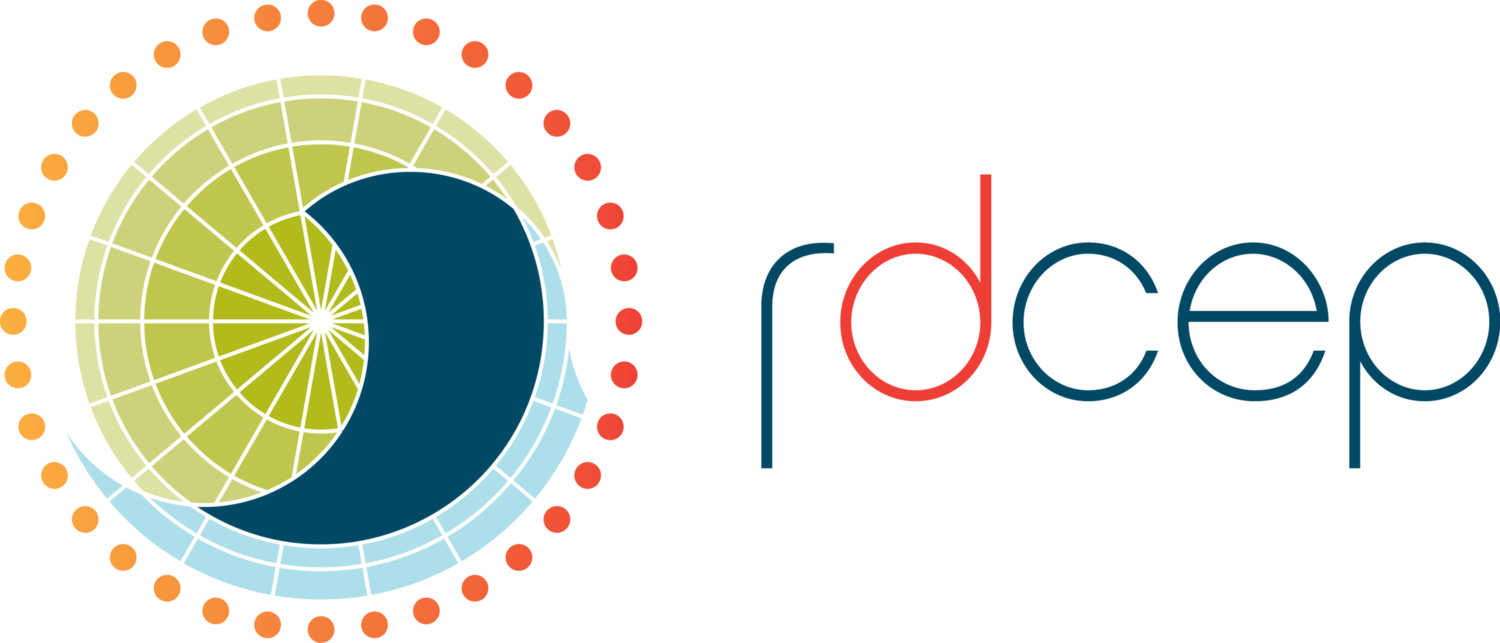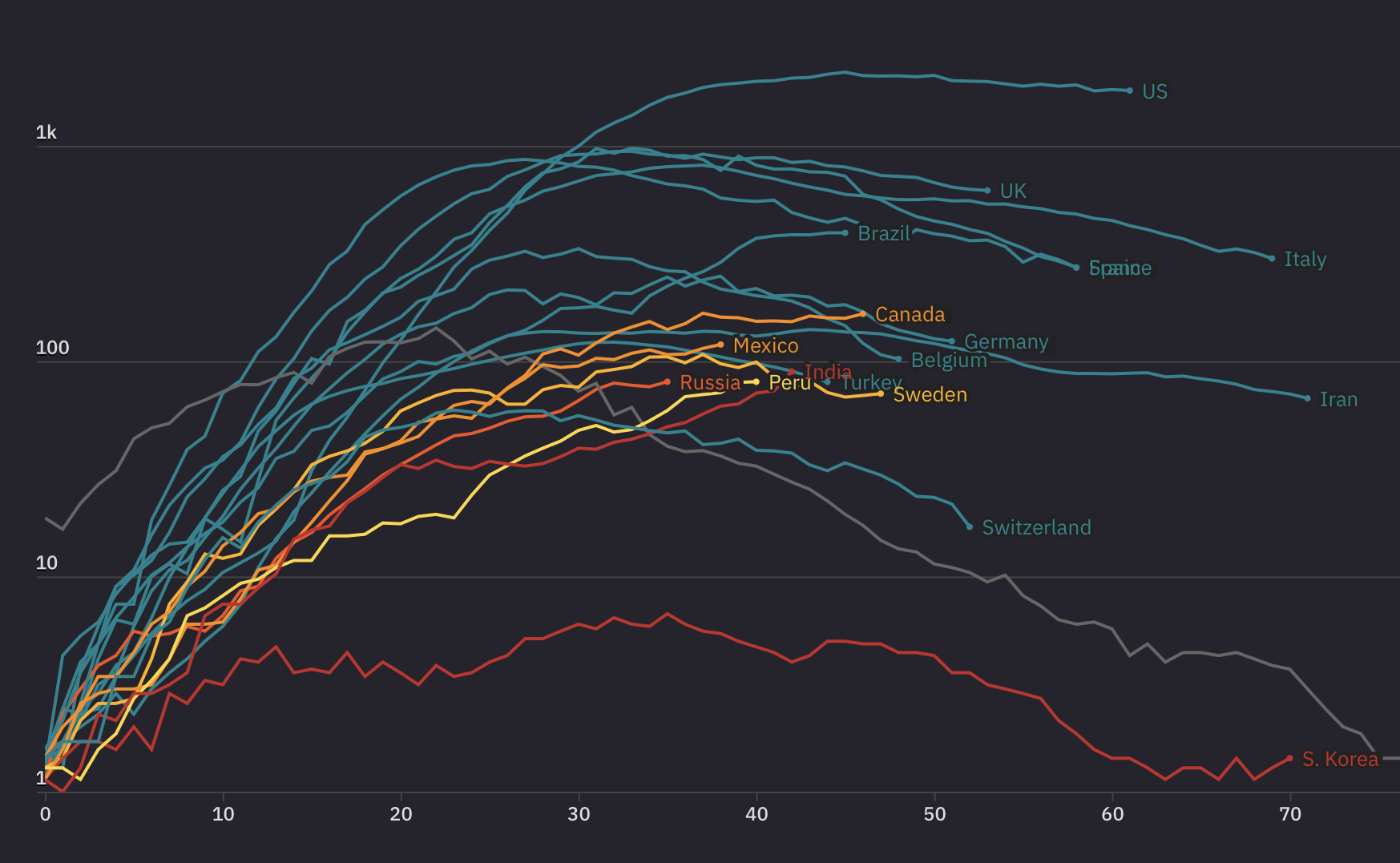Our education team is moving our Spring outreach classes online! We’re currently accepting registrations from Chicago Public Schools students for the following May/June mini-courses. (We may add summer sessions as well if there is interest.)
UChicago students interested in helping with our educational outreach at local Chicago Public Schools, please fill out this form, and we’ll get in touch with you.
Programming in Python:
For Anyone Who Wants to Learn
For Chicago Public Schools high school and middle school students:
What do Google, Instagram, Spotify, Uber, Netflix, Sims 4, Reddit, and Instacart have in common? They all use Python.
Python is one of the world’s most popular programming languages because it’s versatile, powerful, and easy to read. It’s used for apps, games, websites, data science, and more.
This live online course introduces beginning programmers to fundamental programming concepts and to the Python programming language. We’ll cover syntax, variables, conditionals, functions, loops, strings, and files. This class was created for high school students who have little to no programming experience, but middle school students are welcome to participate too. No experience is needed. You’ll leave the class knowing how to write programs that read and plot data, and how to program some fun text-based games. If you want to learn programming, this course is a great start.
Prerequisites: None — other than wanting to learn programming.
Required materials: Computer with an internet connection.
Format: We’ll meet online for class 3:30 - 4:30 PM on Tue May 26, Thu May 28, Tue Jun 2, and Thu Jun 4. Classes will be a mix of demonstrations and interactive coding exercises. We may add an alternate morning option as well. Students will be assigned about 30 minutes of homework between classes. We’ll also have online drop-in office hours for individualized help.
Visualizing and Modeling
COVID-19 Data
For Chicago Public Schools high school students:
The COVID-19 pandemic has changed life as we know it around the world. This course lets students practice some of the techniques that scientists use to visualize data and to model the spread of the virus. In the first half of the four-session workshop, you’ll learn about epidemiology and build a disease model; in the second half, you’ll learn to download and analyze publicly available data and use it to create interactive visualizations using Python.
Modeling disease: In this part of the workshop you’ll learn how infectious diseases spread in human populations by building a computer program that simulates a mock epidemic, and you’ll explore how social distancing slows the spread, using a combination of biology, medicine, public policy, and a little bit of math.
Visualizing COVID-19 data: In modern life, data are generated everywhere, from the smartphone in your pocket to the satellite flying overhead. There is no better way to understand data than by drawing pictures that are worth a thousand words! In this mini-workshop, you will learn the basic principles of data science and analysis, and practice by building visualizations that map the evolving infection, mortality, and recovery rates for COVID-19 across the world and here in Chicago.
Prerequisites: We will be using Python to process and visualize our data, so some basic knowledge of Python is required. We will learn about plotting packages during the workshop.
Required Materials: A computer with an internet connection. We’ll be using Google Colab which works with most major browsers (Chrome, Firefox, Safari).
Format: We’ll meet online for class 3:30 - 4:30 PM on Wed May 27, Fri May 29, Wed Jun 3, and Fri Jun 5. Classes will be a mix of demonstrations and interactive exercises. Students will be assigned about 30 minutes of homework between sessions.
Please email Seth Severns at severns@uchicago.edu with any questions. These courses are sponsored by the University of Chicago's Center for Robust Decision-making on Climate and Energy Policy (RDCEP) and the UChicago Office of Civic Engagement.









